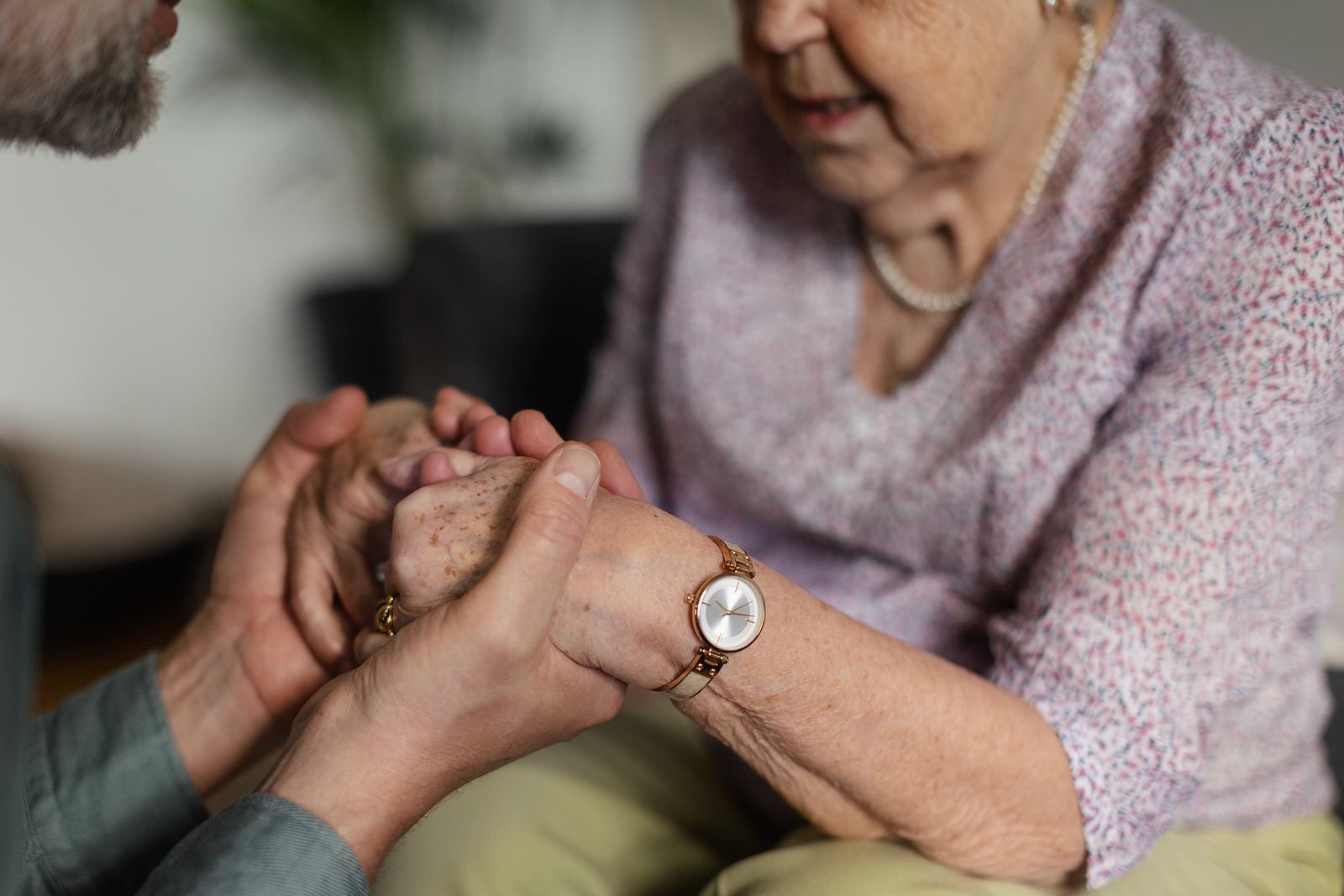How Companion Care at Home Helps Seniors Avoid Isolation

Social interactions become much more difficult for seniors over time. The big problem with that is that social engagement is even more important for seniors than possibly any other stage of life. There are big reasons that seniors become less social, including loss of mobility and the fact that friends and family members may have moved away. But it’s essential for aging adults to have options like companion care at home that help to reduce the likelihood of isolation.
Reducing Loneliness
Loneliness is an extremely common issue among seniors and it can have a significant impact on their mental and emotional well-being. Social interaction helps seniors continue to feel connected, valued, and supported, reducing feelings of loneliness and promoting an overall sense of belonging. Loneliness can quickly become isolation, especially if it continues for a long period of time.
Improving Mental Health
Social interaction plays a crucial role in maintaining mental health for seniors. Engaging with others can help stimulate cognitive function, boost mood, and reduce the risk of depression and anxiety. Additionally, regular social interaction can help seniors maintain a sense of purpose and identity, which can be particularly important as seniors experience the changes that come with aging. Companion care at home encourages participation in mentally stimulating activities ranging from simple conversation to regular physical exercise.
Boosting Physical Health
Social interaction also has big benefits for physical health. Seniors who engage in regular social activities are more likely to maintain a healthy lifestyle, participate in physical exercise, and adhere to medical treatment plans. Moreover, studies have shown that social interaction can have a positive impact on the immune system, reducing the risk of illness and promoting overall well-being. Even spending a little bit of time each week with home care providers can inspire seniors to take steps toward better physical well-being.
Providing Emotional Support
Companion care at home also offers seniors the emotional support that they might need in order to combat isolation more effectively. Caregivers know what it’s like for seniors to have difficulty around spending a lot of time alone. They’re not there to lecture or to make seniors feel worse, they’re there instead to help seniors feel seen, understood, and supported. That simple act can have tremendous results for seniors in a small amount of time.
Encouraging Social Engagement
It can be incredibly difficult for seniors to be the ones to seek out social engagement. There may be physical barriers, or it can simply feel too exhausting to be the ones to reach out. Companion care at home can make all of this easier first by offering companionship, but also by making it easier for seniors to get out and about, attending different events and having good experiences.
Social interaction is truly essential for seniors to maintain their mental and physical well-being. Companion care at home offers a valuable solution to help seniors avoid isolation by providing emotional support when they need it. By fostering connections and making it easier to get the social interaction that seniors need, senior care providers keep aging adults engaged with the world around them.
Subscribe
Date: April 28, 2023


